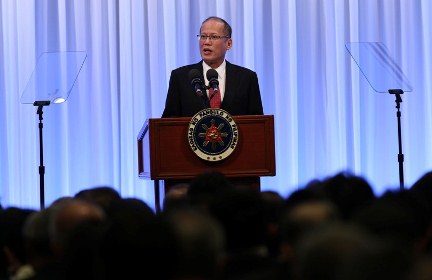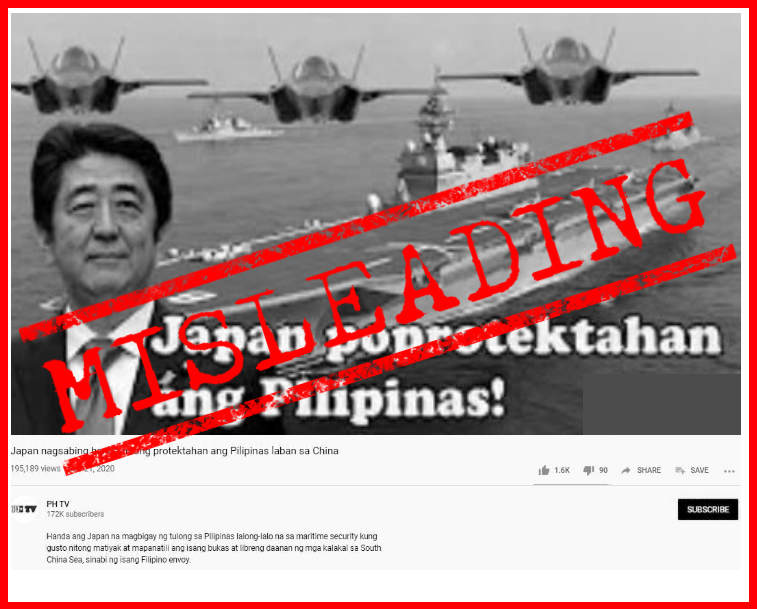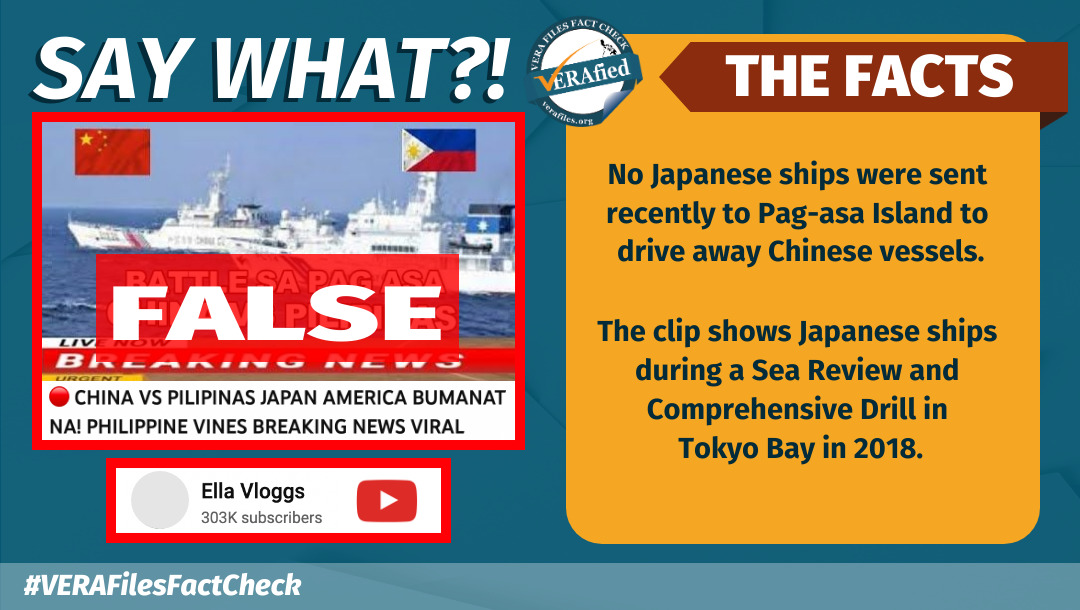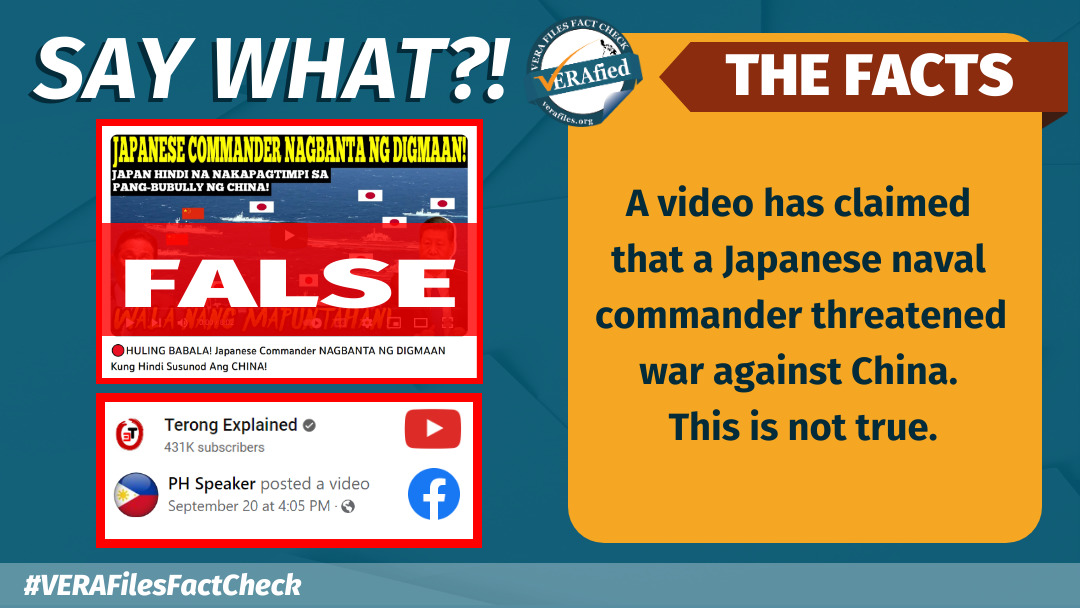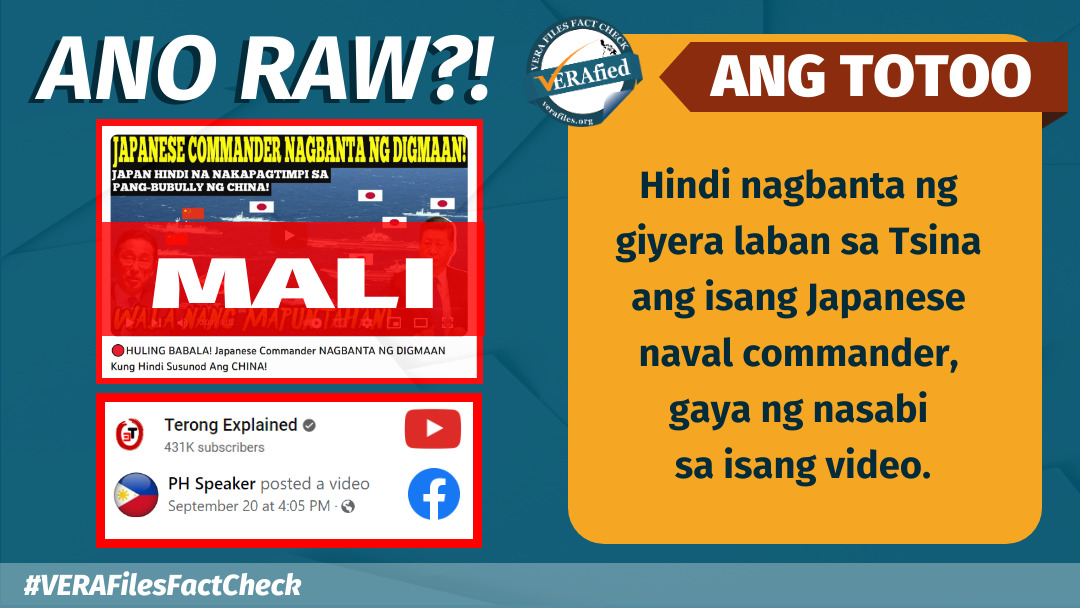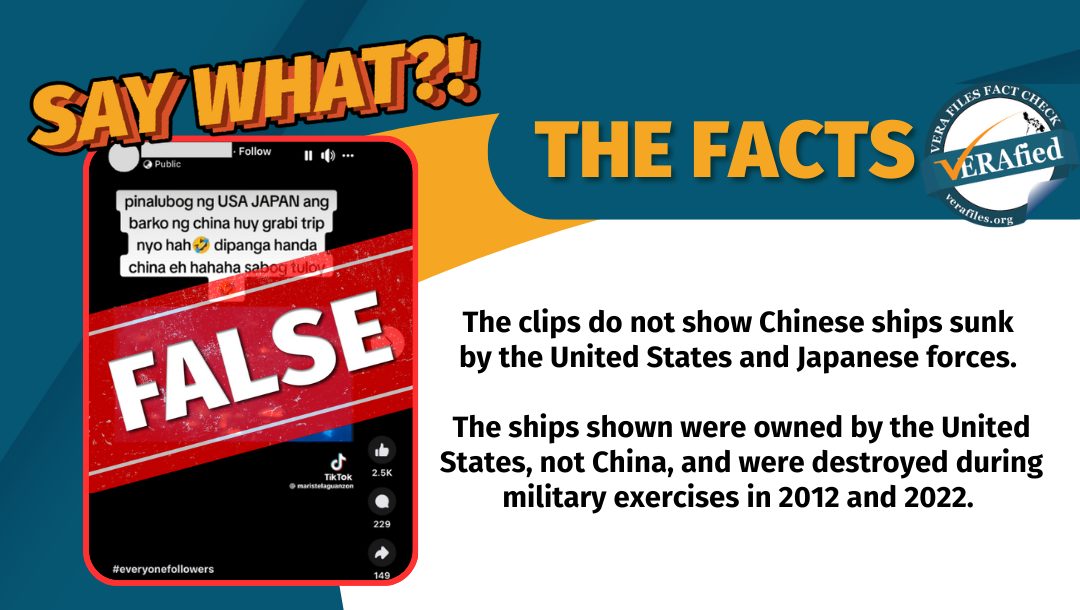By ELLEN T. TORDESILLAS
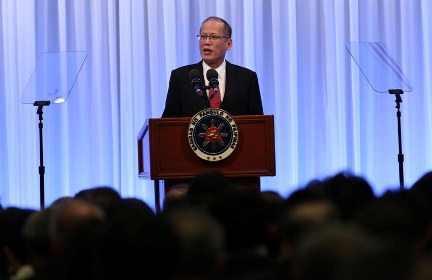
MUCH of the tension between China and the Philippines over the South China Sea territorial conflict would have been avoided if President Aquino knew when to keep his mouth shut.
In the 21st International Conference on the Future of Asia sponsored by Nikkei last Wednesday in Tokyo, Aquino was asked about the role of the United States in Asia in the midst of China’s maritime expansion, Aquino said American presence in Asia checks China’s expansionism. “Their presence becomes a factor that has to be contended with, with those who would perhaps push the envelopes as far as what the agreements entitle them to or not,” he said.
But he didn’t stop there. He shared:“I’m an amateur student of history and I’m reminded of… (I was) just watching several documentaries on World War II and especially how Germany was testing the waters and what the response were by various other European powers. And in several instances, when he was—when he annexed Austria, when they were putting up forces, developing certainties in the Rhineland, or a lot of violations of the Versailles agreement, they tested the waters and they were ready to back down if—for instance and in that aspect—France said ‘stop.’
“But, unfortunately, up to the annexation of the Sudetenland in Czechoslovakia, and eventually, the annexation of the entire country of Czechoslovakia, nobody said ‘stop.’ And the commentators on these documentaries were saying: ‘What if somebody said stop to Hitler at that point in time or to Germany at that time? Could we have avoided World War II?’”
What makes Aquino’s statement last Wednesday remarkable was that, he said it as a visitor of Japan, which was allied with Hitler’s Germany in World War 2.
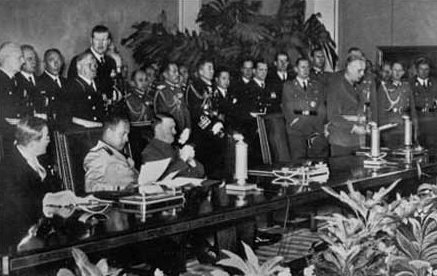
China’s Foreign Ministry Spokesperson Hua Chunying said in a Bejing media briefing: “We are deeply shocked at, strongly dissatisfied with and opposed to the absurd remarks made by the Philippine leader.”
She reiterated the position of China in the South China Sea conflict turning the tables on and accusing the Philippines of having “illegally occupied” islands and reefs in Spratlys which they call Nansha Islands.
Hua further said, “ I once again solemnly urge some people from the Philippines to discard illusions, stop provoking and come back to the right track of resolving disputes through bilateral negotiation and consultation.”
The Philippines has rejected bilateral negotiations with China on South China Sea territorial claims insisting that other claimants –Vietnam, Malaysia, Brunei and Taiwan, should be included. The conflict over Scarborough Shoal, 124 nautical miles from Zambalez, however, involves only the Philippines and China.
Aquino, known to be an avid reader of war history, is apparently fascinated by the 1938 Sudetenland crisis when Great Britain and France gave in to Hitler’s demand to give Sudeten in Czechoslovakia to Germany.
He first made the comparison of today’s activities of China in the South China Sea with the Sudentenland crisis in an interview with New York Times February last year.
Sources said Malacañang and Foreign Affairs officials present during the 2014 taped interview were aghast when he made that comparison.
China officially issued a terse reaction:”The Chinese side is shocked at and dissatisfied with the remarks from the Philippine side” and reminded Aquino that “China made huge sacrifice and indelible historical contribution to the victory of the World Anti-Fascist War.”
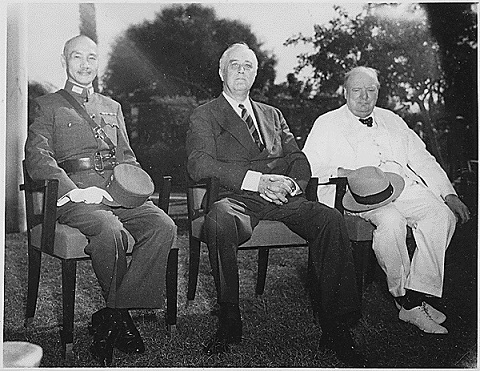
But a commentary in Xinhua, the Chinese government’s official news agency called him” an amateurish politician who was ignorant both of history and reality.”
Former Foreign Secretary Roberto R. Romulo wrote in his Philippine Star column that there are other historical antecedents more appropriate in what is happening this region.
“After all,” he said, “the Sudeten remains a raw issue between Czechs and Germans today that transcends Hitler since it involved not just territory but a huge number of people. Let’s hope that in making this point the President did not manage to offend not only the Czechs and the Germans but the British and French too since they were complicit in what happened there.”
Malacañang must have realized Aquino’s faux pas, they asked someone with close links to the Chinese leadership to explain to them that “the President didn’t mean to offend China” with his Sudeten remarks.
Press Secretary Herminio Coloma had also to explain that the President, “a known history buff, merely mentioned a historical fact that could be related with the Philippine situation. “
He added: “As a storyteller and as a conversationalist, the President often gives details of a particular situation. So it could happen that he was simply citing a fact.”
The Philippines has filed a case versus China with the United Nations Arbitral Tribunal. Hearings will start soon.
Is it too much to ask President Aquino to share with the public his readings on war history after the U.N. court has decided on the Philippine case against China?
